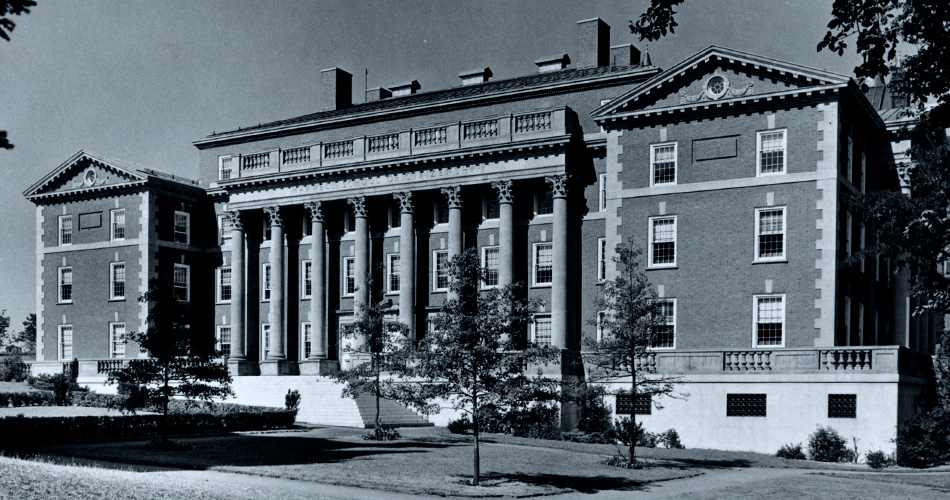Reclaiming our Roots: Indigenous Philosophies of Well-being and Foodways
Eggers Hall, 220
Add to: Outlook, ICal, Google Calendar
The world is rushing towards a tipping point. Human-induced global warming will soon become uncontrollable. Food insecurity is already rampant. The COVID-19 health crisis has underscored how crucial and fragile our food systems are and has demonstrated the need for a different approach to relating to Nature for sustainable living. The need to include Indigenous philosophies of well-being at the heart of food systems, health, and nutrition security is urgent. I’ll discuss the role of Indigenous peoples’ philosophies of well-being in driving the restoration of Indigenous lands and foodways through Indigenous food sovereignty (IFS) to promote global sustainable food systems.
Mariaelena Huambachano, is a native Peruvian Indigenous scholar, who immigrated to Aotearoa New Zealand, at a young age, inspiring a collaborative and cross-cultural approach to her work in Indigenous food sovereignty, environmental justice, Indigenous philosophies of well-being, and Indigenous research methodologies. She has been an Indigenous community-engaged scholar of food and environmental justice for over a decade. During this time, she has worked with Indigenous communities, grassroots organisations, and civil societies globally to restore community health and well-being. In fall 2021, she joined Syracuse University to help build the Global Indigenous Cultures and Environmental Justice Research Centre and Department from the ground up. She is an active member of the UN Permanent Forum on Indigenous Issues, a lead author in the 16th High-Level Panel of Experts on Food Security and Nutrition (UNFAO) Report on “Promoting youth engagement and employment in agriculture and food systems”, and of a global report on the ‘values’ assessment of nature for the Intergovernmental Panel of Biodiversity and Ecosystems Services (IPBES). Her research has been published in peer-reviewed journals and scholarly anthologies, including Agroecology and Sustainable Food Systems; Sustainability; the New Zealand Journal of Ecology; The International Journal of Environmental Sustainability; The International Journal of Environmental, Cultural, Economic, and Social Sustainability; Food Studies, and The Routledge Handbook of Sustainable and Regenerative Food Systems. She is currently working on her book manuscript entitled “Recovering our Ancestors’ Foodways: Indigenous Traditions as a Recipe for Living Well”. The book is a celebration of the lore of Quechua and Māori and of the worlds’ Indigenous peoples in safeguarding food systems, innovation, practices, and, ultimately, the well-being of humankind.
Category
Social Science and Public Policy
Type
Talks
Region
Campus
Open to
Alumni
Faculty
Parents and Families
Staff
Students, Graduate and Professional
Students, Prospective
Students, Undergraduate
Cost
Free
Organizers
MAX-Moynihan Institute of Global Affairs, MAX-Program on Latin America and the Caribbean
Accessibility
Contact Havva Karakas-Keles to request accommodations

We’re Turning 100!
To mark our centennial in the fall of 2024, the Maxwell School will hold special events and engagement opportunities to celebrate the many ways—across disciplines and borders—our community ever strives to, as the Oath says, “transmit this city not only not less, but greater, better and more beautiful than it was transmitted to us.”
Throughout the year leading up to the centennial, engagement opportunities will be held for our diverse, highly accomplished community that now boasts more than 38,500 alumni across the globe.